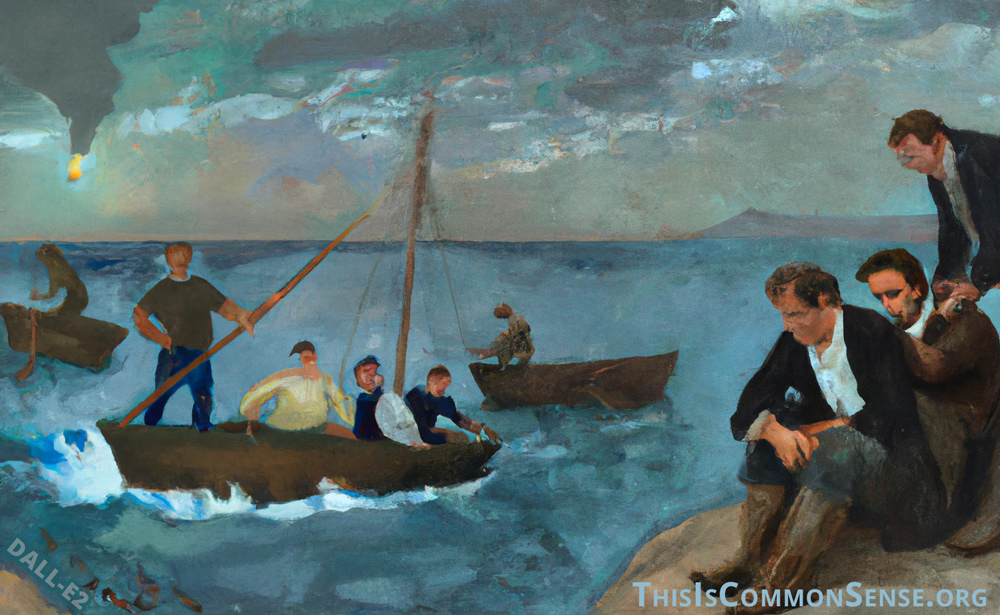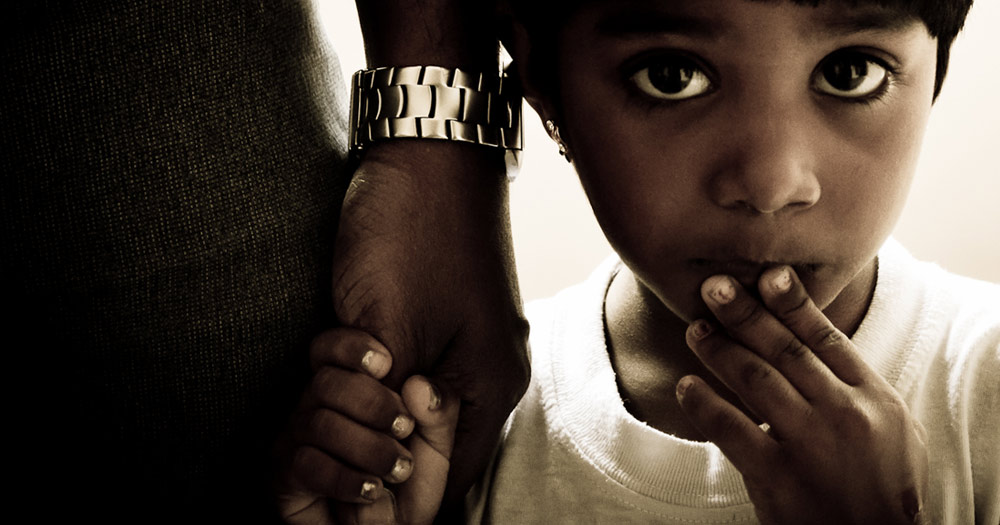“Attention is a limited resource,” Josh Oldham tells fellow Good Kid Productions co-founder Rob Montz, “and in a moment of crisis,” after the 2020 police shooting of Jacob Blake in Kenosha, Wisconsin, “a lot of Americans” accepted a “race narrative” about the incident.
In a new documentary, The Broken Boys of Kenosha: Jacob Blake, Kyle Rittenhouse, and the Lies We Still Live, Oldham and Montz present “7 sacred tenets” of the race narrative advanced by the media that were verifiably false.
Those bogus beliefs “inspired thousands of protesters to descend on Kenosha” so that the city was “incinerated by a lie,” leading to 17-year-old Kyle Rittenhouse’s infamous visit to protect people and property, wherein he shot three men, two fatally … in self-defense.
Yet, the filmmakers don’t stop there; they offer “a deeper story.”
“Burn away the media-manufactured fiction about Jacob Blake and what do you see?” asks Montz. “You see a bad man,” he acknowledges, “but you ought to also see an abandoned boy.”
Montz calls Jacob Blake “just one tiny data point in a mass trend” of “an unspoken catastrophe … the explosion in the number of boys who grow up without dads.” One of every three Americans boys is growing up without a father in the home.
Blake was hardly alone — Rittenhouse and both assailants he killed were were also fatherless.
“The thing that actually correlates most closely to whether a kid is going to go into a life of crime,” former Attorney General Bill Barr points out, “is whether or not they had a father who was involved in their lives.”
The moral plague that follows — of “unanchored” men — is a problem government seems mostly to have exacerbated. Only we dads can solve it.
This is Common Sense. I’m Paul Jacob.
Illustration created with DALL-E2
See all recent commentary
(simplified and organized)
See recent popular posts




